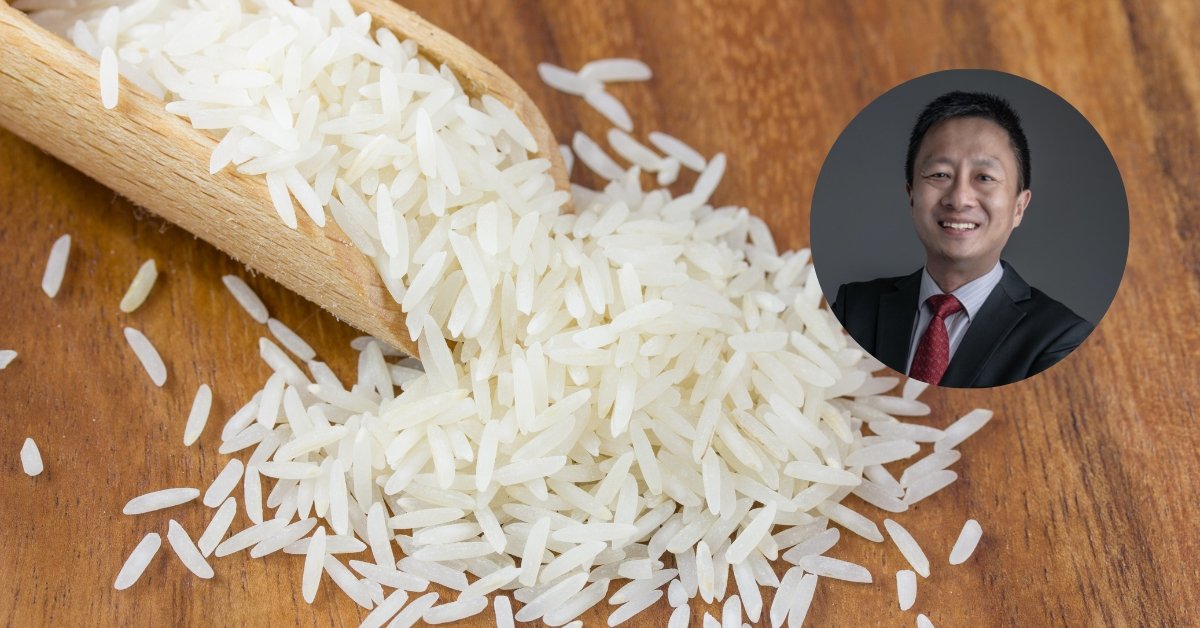Singapore feels the impact of India’s rice export ban. The move disrupts global rice prices as countries seek waivers.
Table of Contents
In a recent statement, a high-ranking Singaporean official highlighted the consequences of India’s decision to halt rice exports in July on Singapore’s rice supply.
Singapore Relies Heavily on India’s Rice Exports
Singapore, a significant food importer from India, experienced disruptions following India’s ban on rice exports.
Tze Ch’in Ong, the deputy secretary at Singapore’s Ministry of Sustainability and the Environment, commented on the situation, saying,
“For us, the ability to import food is very important. I would say that something like India’s rice export ban has a negative impact.”
In 2022, statistics showed that approximately 40% of the rice imported by the city-state was from India.
Diversification Strategy Adopted by Singapore
In light of these disruptions, Ong, who is soon to assume the role as head of the Public Utilities Board in Singapore, mentioned that the city-state is now looking at diversifying its sources of rice.
“Singapore has a multi-pronged strategy of import diversification and stockpiling to manage supply chain disruptions to rice imports. In July, we diversify and import rice from over 30 countries,” remarked the Singapore Food Agency.
Singapore has expanded its supply chain to mitigate such challenges, relying on other nations like Vietnam and Thailand.
India’s Gesture of Goodwill
Despite the initial setback, Singapore expressed gratitude for India’s subsequent decision to grant them an export waiver in August. India confirmed an export quota of 50,000 tonnes of non-basmati white rice specifically for Singapore. Ong acknowledged this gesture: “We are very thankful for the Indian government’s support in that.”
The decision by India was noticed by other countries, with both the Philippines and Indonesia seeking similar waivers.
Global Ramifications of India’s Rice Export Ban
The ripple effect of India’s decision was felt globally, with a notable surge in global rice prices.
Countries neighboring India, such as Bangladesh and Nepal, heavily rely on its rice exports.
Additionally, certain African nations are prominent buyers of broken rice.
India’s reasoning behind this abrupt halt was detailed in a July announcement:
“To ensure adequate availability of non-basmati white rice in the Indian market and to allay the rise in prices in the domestic market, the government of India has amended the export policy of the above variety from ‘free with the export duty of 20%’ to ‘prohibited’ with immediate effect.”
Analysts believe this move was intended to regulate rising food prices, particularly in light of crucial upcoming state and general elections in India.
At THOUSIF EXIM, we are experts in taking your business global. We navigate international markets to help you expand effortlessly. Ready to break boundaries and boost your business? Contact us today, and let us conquer the world together!







